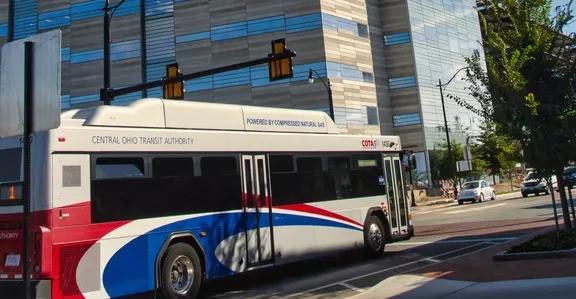Hexagon’s dispatch and mobile software to support national system aiding millions of drivers
A consortium of Australian motoring clubs serving 2.8 million customers has selected US-based Hexagon Safety & Infrastructure to provide a cloud-based platform for roadside assistance for its Common Australian Roadside Assistance System (CARS) program.
Comprising the Royal Automobile Clubs of Queensland, Western Australia and South Australia, the Australian Club Consortium (ACC) was formed to promote inter-clu
March 24, 2016
Read time: 2 mins
Hexagon’s dispatch and mobile software to support national system aiding millions of drivers
A consortium of Australian motoring clubs serving 2.8 million customers has selected US-based Hexagon Safety & Infrastructure to provide a cloud-based platform for roadside assistance for its Common Australian Roadside Assistance System (CARS) program.
Comprising the Royal Automobile Clubs of Queensland, Western Australia and South Australia, the Australian Club Consortium (ACC) was formed to promote inter-club collaboration and shared IT platforms and services.
The clubs chose Hexagon’s Intergraph Computer-Aided Dispatch (I/CAD) incident management software, including Intergraph Mobile Responder, which extends dispatch capabilities to mobile devices, and EdgeFrontier, a platform that will enable seamless integration to the clubs’ IT systems. The solution also includes software from Surefire Systems, providing for point-of-sale and inventory capability.
The Hexagon systems will enable the clubs to run multiple operations from a single solution with the flexibility of cloud infrastructure; identify the caller, location and, in most cases, automatically dispatch the closest or most relevant assistance vehicle in the area; and locate members and staff in the field geospatially in real time. The solution also supports the supply of vital spare parts, management of external service providers and expansion through new business offerings.
The consortium will roll out the systems to participating clubs through 2017.
A consortium of Australian motoring clubs serving 2.8 million customers has selected US-based Hexagon Safety & Infrastructure to provide a cloud-based platform for roadside assistance for its Common Australian Roadside Assistance System (CARS) program.
Comprising the Royal Automobile Clubs of Queensland, Western Australia and South Australia, the Australian Club Consortium (ACC) was formed to promote inter-club collaboration and shared IT platforms and services.
The clubs chose Hexagon’s Intergraph Computer-Aided Dispatch (I/CAD) incident management software, including Intergraph Mobile Responder, which extends dispatch capabilities to mobile devices, and EdgeFrontier, a platform that will enable seamless integration to the clubs’ IT systems. The solution also includes software from Surefire Systems, providing for point-of-sale and inventory capability.
The Hexagon systems will enable the clubs to run multiple operations from a single solution with the flexibility of cloud infrastructure; identify the caller, location and, in most cases, automatically dispatch the closest or most relevant assistance vehicle in the area; and locate members and staff in the field geospatially in real time. The solution also supports the supply of vital spare parts, management of external service providers and expansion through new business offerings.
The consortium will roll out the systems to participating clubs through 2017.







